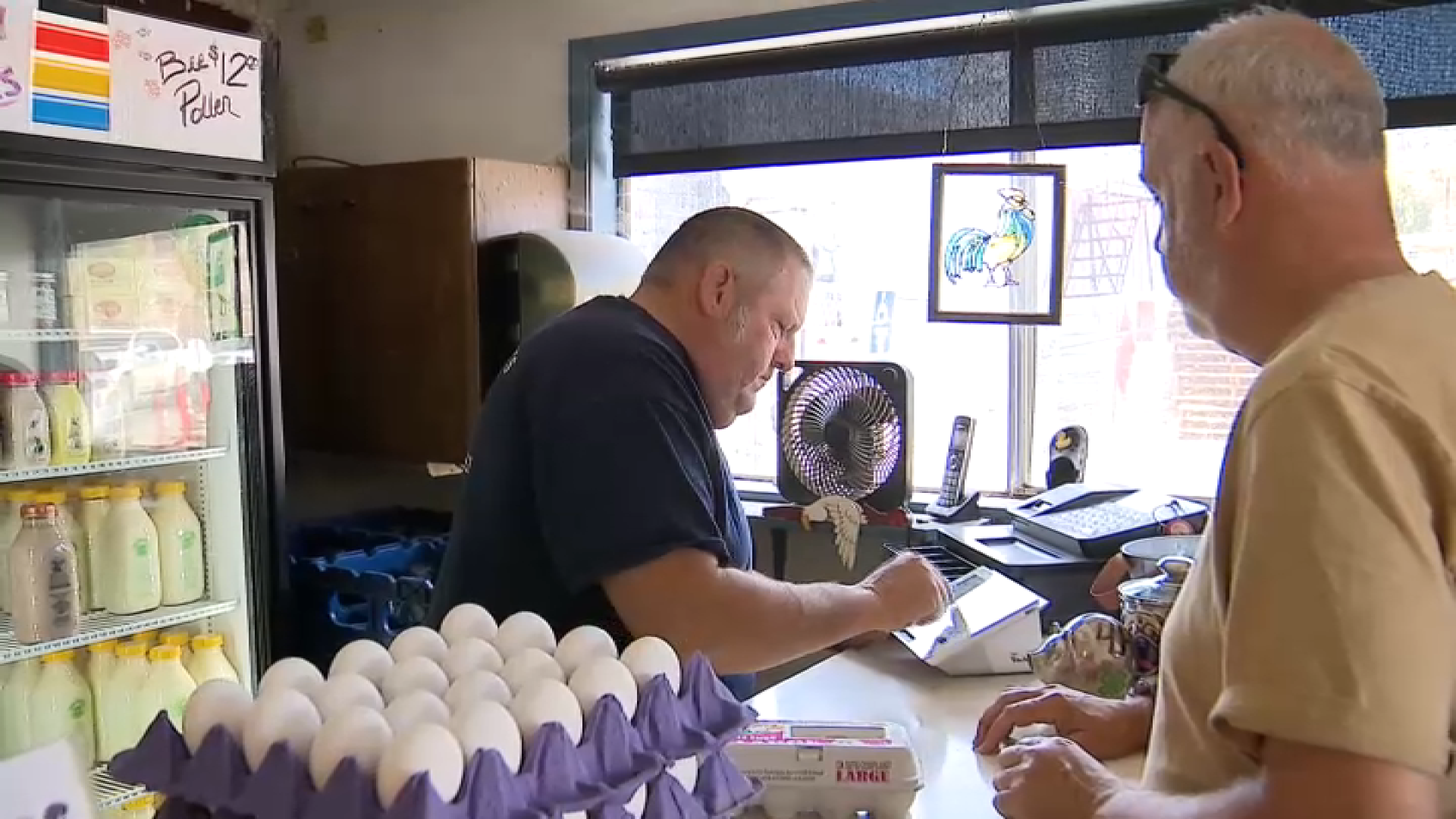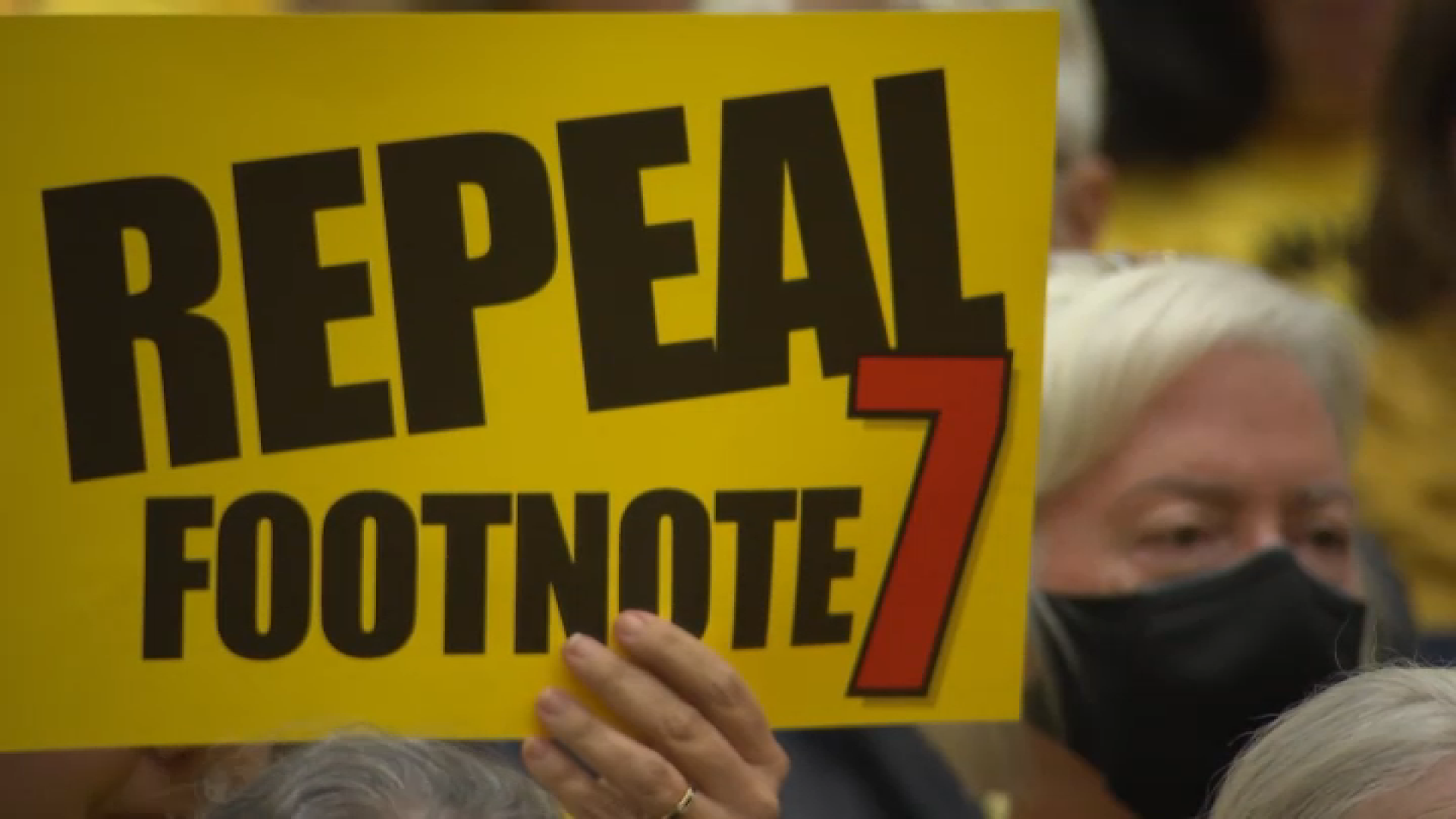You probably haven’t heard the name, but you’ve likely seen them before. We’re talking about “nurdles.” They are small plastic pellets winding up on our beaches. NBC 7’s Dana Williams explains what makes them dangerous and where environmental advocates think they’re coming from.
You probably haven’t heard the name, but you’ve likely seen them on or near San Diego County’s beaches.
“They’re about the size of a fish egg,” Mark O’Connor, the co-leader of Surfrider San Diego County’s Rise Above Plastic committee, said. “They’re pretty small.”
Small, plastic pellets called nurdles can cause big problems. O’Connor explained due to their size they are often difficult to spot by people doing beach clean-ups and birds, fish and other small creatures can mistake them for food. He added they are used as the building blocks for common plastic products.
“All the things we use,” he said, ”a mustard container, spray bottle of cleaner, all that kind of stuff starts out as a nurdle. This is a pre-production product.”
Get top local stories in San Diego delivered to you every morning. Sign up for NBC San Diego's News Headlines newsletter.

O’Connor said he often finds nurdles in small clusters, and while they wind up on the beaches, he said he doesn’t think the majority come in from the ocean.
“I believe that the ones I’ve been picking off of Moonlight Beach, Encinitas area and up and down this coastline, are coming from our own local rail system,” O’Connor claimed.
Local
Along the railroad tracks in Encinitas, it takes mere seconds to find the white, plastic beads, but BNSF, one of the largest commercial railroad transportation companies in North America, said they have yet to determine the nurdles are coming from trains.
BNSF shared a statement with NBC 7 that added they take this “very seriously.” It read, in part, “We continue to investigate the source of these pellets. It’s important to note BNSF and its contractors have focused inspections on the railroad right of way, but because plastic pellets have been found in random locations, including well outside the railroad right of way, it does not suggest an ongoing or systemic source from railroad operations.”
However, they added that when they go to the reported locations of pellets, they often cannot locate any. BNSF asked that anyone who finds them, “especially near the railroad right of way, to contact us with detailed location information, including GPS coordinates, if possible.”
“That said, we would like to stress the importance of safety around railroad tracks, including not trespassing on NCTD property, which is dangerous and violates state and federal law,” concluded the statement.
Regardless of where they come from, O’Connor hopes that by educating people about what to look for, they will begin to pick them up, safely and legally.
“Don’t go along the railroad tracks,” he said. “Pick them up on the beach with us.”



